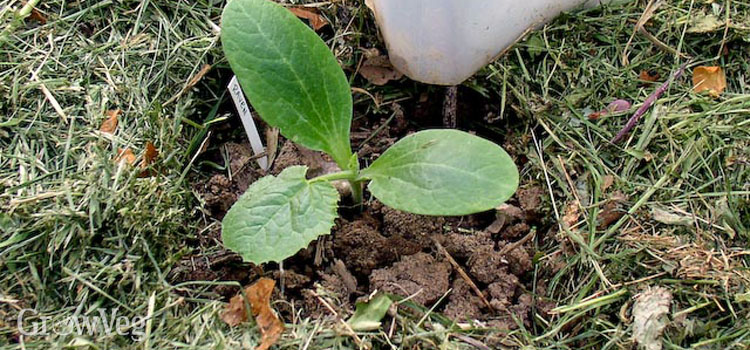How To Soak Hoof Trimmings To Make Garden Fertilizer
Using Grass Clippings as Vegetable Garden Mulch

I have used grass clippings as a vegetable garden mulch for as long as I can remember, but four years ago I changed from a casual grass clipping mulcher into a clipping devotee. Hay was no longer a safe choice due to risk of herbicide contamination, ditto for manure. The only answer was to do a better job producing and harvesting my own mulch materials, especially grass clippings. In addition to doing all the things other biodegradable mulches do (retain soil moisture, block light to weeds, improve soil), grass clipping mulch contains so much nitrogen and potassium that it serves as a supplemental fertilizer. It may also deter some pests. In a 3-year Swedish study, grass clipping mulch improved yields of cauliflower while reducing damage cause by root maggots.

Grass clipping mulch requires special handling, because it tends to form slimy mats when applied too thickly or left in wet piles. But if you are managing certain turf areas for mulch production, you are unlikely to commit these errors. Grass clippings become a much too valuable a resource to waste.
Cultivating Grass Clippings for Mulch
The most fundamental step I have taken is to actively cultivate three areas of my landscape for the specific purpose of gathering mulch. Rather than have them in solid turfgrass, I am growing a mixture of vigorous grasses and perennial clovers, especially Dutch white clover. The clover helps provide soil-borne nitrogen for itself and its neighbors, and changes the texture of the clippings so they are less likely to compact.
In terms of maintenance, I repair damaged places with plugs of sod or clover, and broadcast a balanced organic fertilizer over the turf in spring, just before a soaking rain.
I also invested in a walk-behind mower with grass clipping management in mind. It has a bagger just the right size for me to lift off and dump, and I can switch from the bagger to a mulching attachment, which throws the cut clippings back down to the ground, in about five minutes. At least once a month, I treat my cultivated grass mulch areas to a self-mulching treatment, which fertilizes the grass and helps with weed prevention.

Like any other crop, grass clippings must be harvested when they are ready, and in the right kind of weather. The grass must be dry, and the mowing should remove about one-third of the length of the grass. I keep my mower blade set high, at 4 inches (10 cm), to keep from damaging the plants' crowns and to help the turf serve as habitat for ground-dwelling spiders, beetles, and other creatures. In spring and early summer, when rain falls regularly, I can harvest clippings from each plot every 7 to 10 days.
Using Grass Clipping Mulch in the Vegetable Garden
The main rule for using grass clippings as mulch is to apply them in thin layers. This happens naturally if you spread mulch as the final step after weeding. When using freshly-cut clippings or batches that have been allowed to dry in the sun, I sprinkle on just enough to barely cover the surface. I may add a little more a few days later, but will wait a couple of weeks, or until the next weeding, to apply another layer. I have yet to find a garden crop that is not completely happy when mulched with three thin layers of grass clippings, spread two weeks apart.

This practice of applying three thin layers of grass clippings also appears to favor frogs and box turtles over slugs in my garden. Feeding by night, garden toads consume slugs by the dozen, and then turtles take over the early morning shift. Toads especially seem to have a special affinity for grass clipping mulch, or just plain grass clippings. Several times, when I left small piles of grass clippings sitting in the garden overnight, the next morning I found toads enjoying a sauna inside the steamy piles.
Once in a while I will have more clippings than I need, so I spread them out on a piece of roofing metal and let them dry in the sun. Stuffed into a garbage can with a secure lid, I always have a stand-by supply of excellent grass clipping mulch.
By Barbara Pleasant
< All Guides
How To Soak Hoof Trimmings To Make Garden Fertilizer
Source: https://www.growveg.com/guides/using-grass-clippings-as-vegetable-garden-mulch/
Posted by: reyesaffir1968.blogspot.com

0 Response to "How To Soak Hoof Trimmings To Make Garden Fertilizer"
Post a Comment